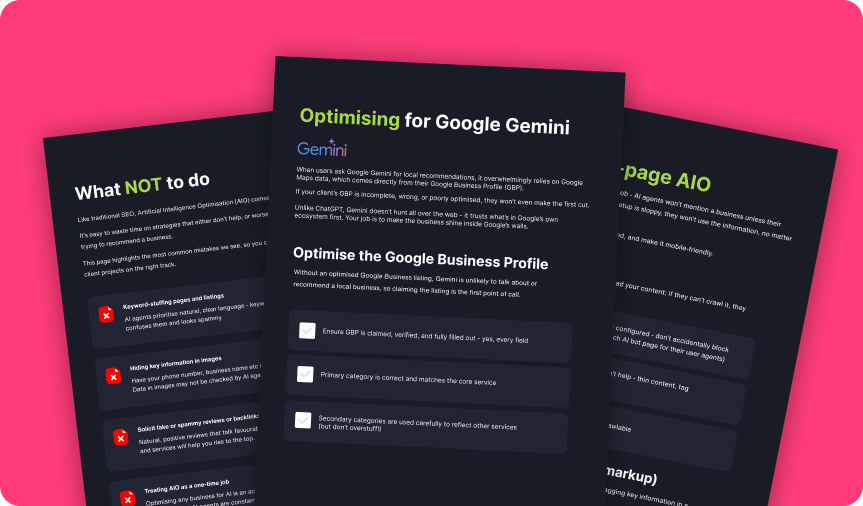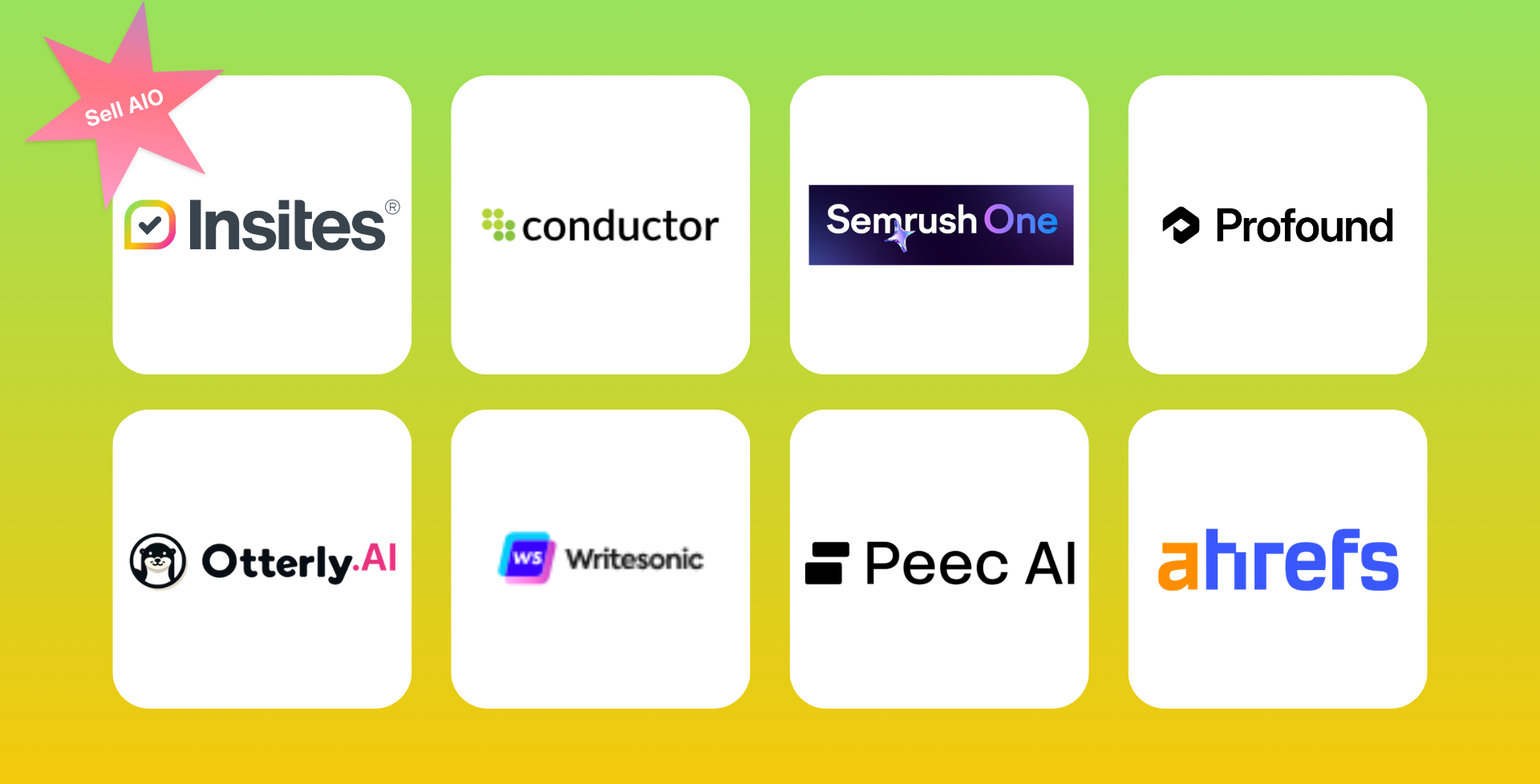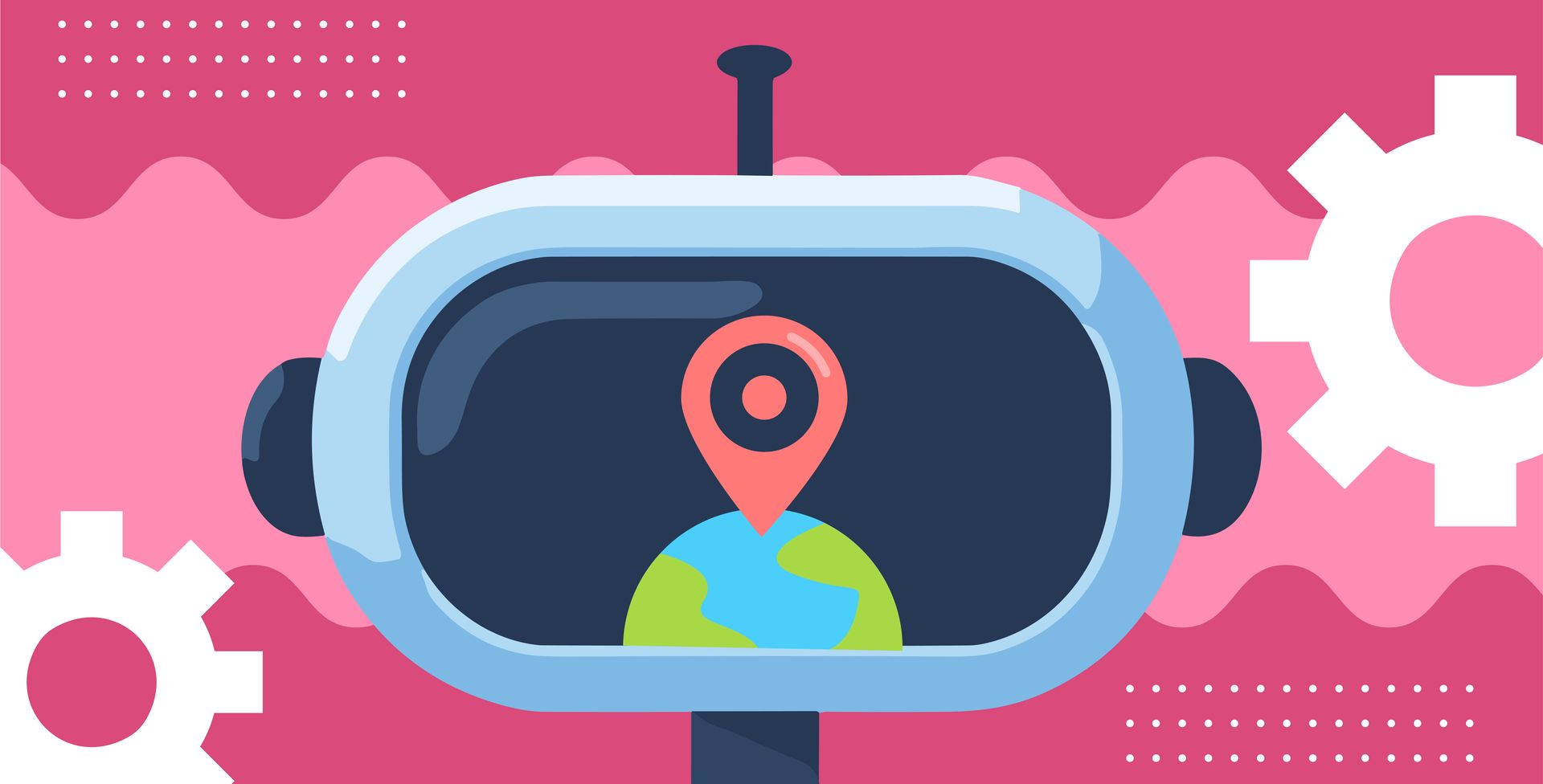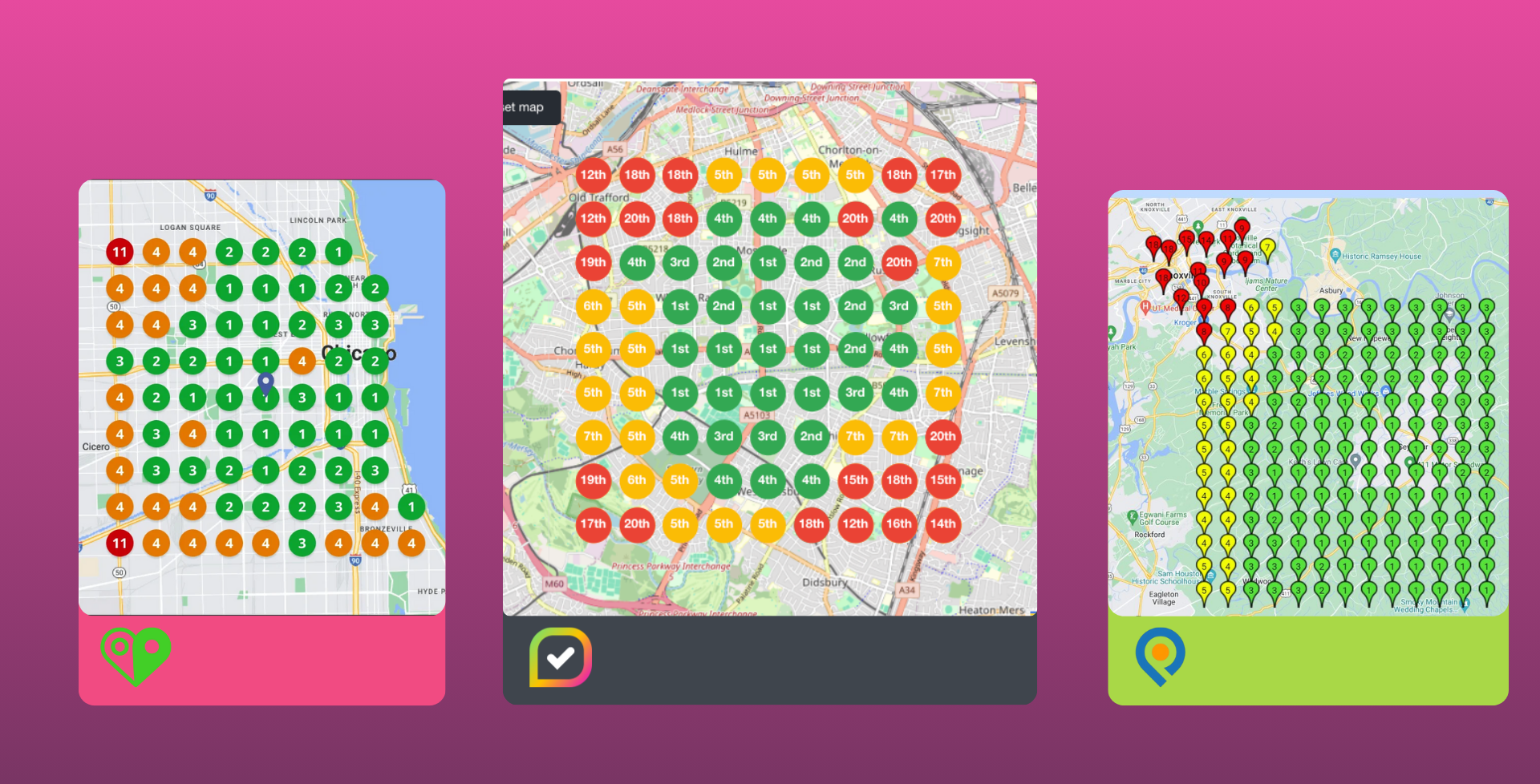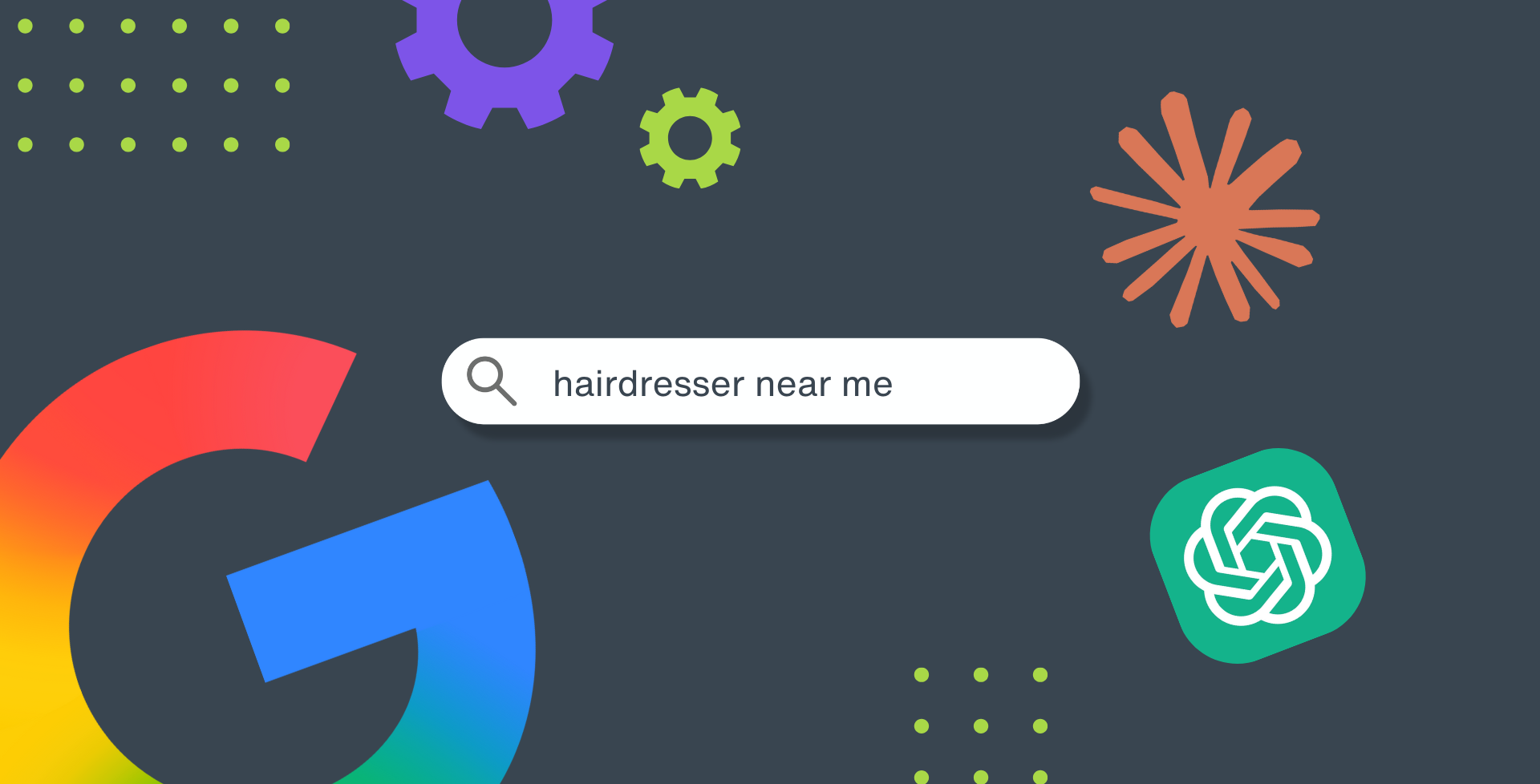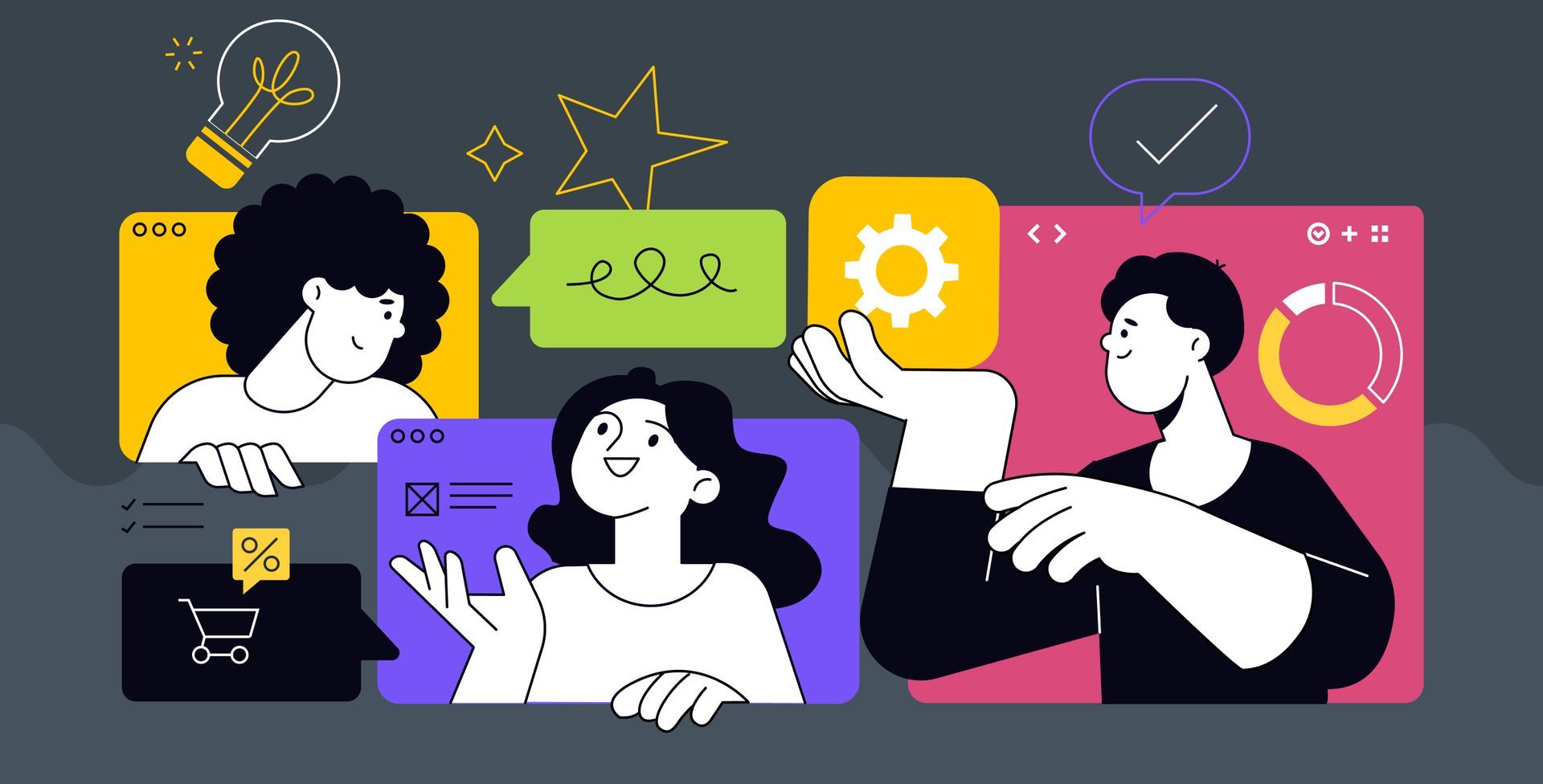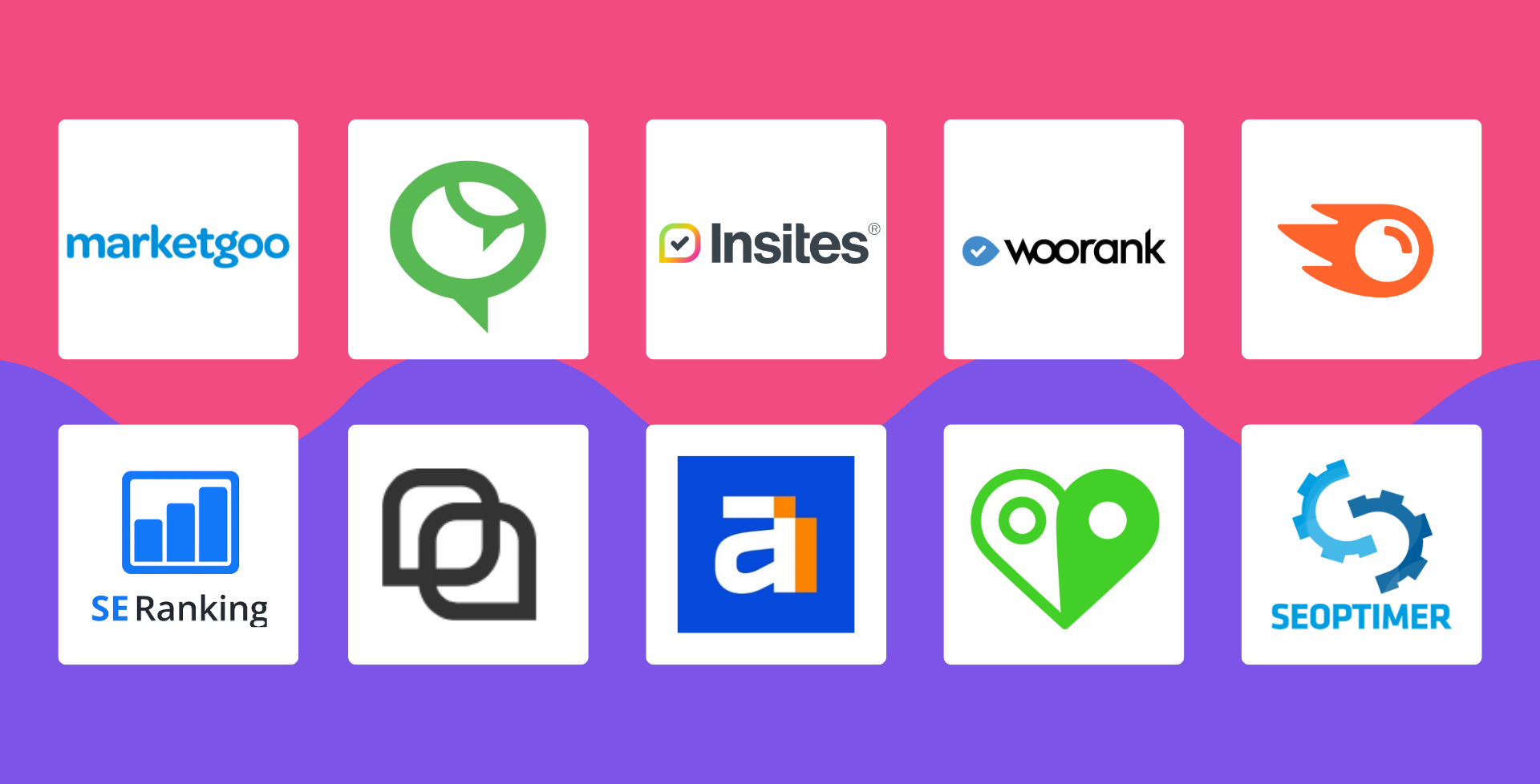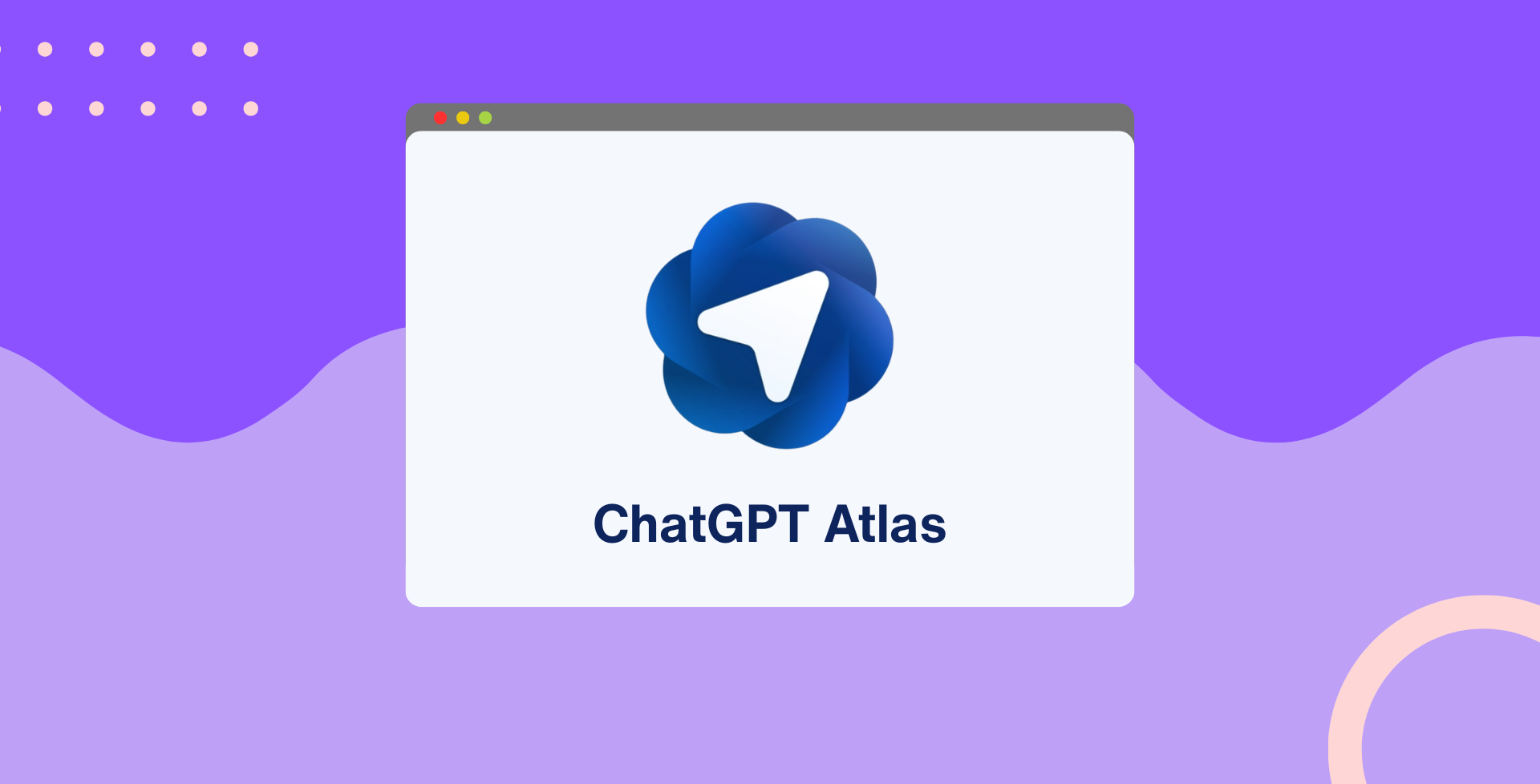Are your clients invisible to AI search agents? A complete guide for digital marketing sales teams
Izzy Fletcher • June 3, 2025
People are using AI search engines for all sorts... workout plans, advice on how to handle an annoying neighbour, and where to take their business.
What does this mean for your clients? Their ideal customers aren't just using traditional search engines anymore, they're asking AI search engines for quick, digestible, and trustworthy answers.
It's the future of search, are your clients might not be ready for it?
When someone asks ChatGPT "recommend a good plumber near me" or tells Perplexity to "find the best dental practice in Manchester," these AI agents are making the decision about which businesses get mentioned. If your clients aren't optimised for these search engines, they won't appear in the recommendations.
For digital marketing organisations with large sales teams, this creates both a challenge and a massive opportunity.
In this blog, we'll cover:
- How AI agents actually evaluate and recommend local businesses (spoiler: it's different from Google)
- The specific gaps your sales team should be spotting in prospect audits
- How to turn AI optimisation into a scalable sales process across your entire team
- Real examples of what to say to prospects that gets their attention
- The technical and content requirements that make businesses AI-ready
The businesses that get this right now will have a serious head start. The ones that don't? They'll be invisible to an entire generation of customers who expect AI to do their research for them.
Let's make sure your clients, and sales team ready for AI search.
The new reality your sales team faces
AI agents evaluate businesses differently than Google Search, pulling from trusted online directories, business listings, and high-confidence sources rather than just ranking websites. If your clients aren't properly optimised in these platforms, they'll be invisible in the AI era.
What does this mean for your enterprise sales process?
Every sales rep promises better rankings, more leads, and increased visibility.
But how many can demonstrate specific gaps in AI agent optimisation?
This is where understanding AI search behaviour becomes your competitive advantage. When your sales team can walk into a pitch and say, "We tested your business with three different AI agents, and here's why none of them recommended you," that's a conversation starter that gets attention…
More importantly, it's a conversation that leads to immediate action because the problem is clear and the rep can offer a seamless solution.
Common AI agent optimisation gaps your sales team should look for
For enterprise agencies, the key is creating a repeatable process your entire sales team can follow:
Standardise the testing process: Create a simple checklist your sales agents can use to test any business across multiple AI agents. Include checking for proper schema markup, ensuring AI crawlers aren't blocked, and verifying business listings across the directories that AI agents typically reference.
Develop proof-of-concept presentations: Build templates that show prospects exactly what they're missing and how fixing it impacts their business. Include before-and-after examples of AI agent responses.
Create AI-focused service packages: Bundle the services needed to optimise for AI agents into clear, priced offerings. This might include local business optimisation for Google Gemini, directory listing management for ChatGPT sources, and technical website improvements for better AI crawling.
Train on the business case: Make sure your sales team can articulate why AI agent optimisation matters in terms prospects care about—more customers finding them, competitive advantage over businesses that aren't optimised yet, and future-proofing their digital presence.
The enterprise sales opportunity you can't ignore
AI search agents aren't going anywhere. They're becoming more sophisticated and handling more recommendation requests every day. For your sales team, this represents a massive opportunity to provide genuine value while differentiating your agency from competitors who are still focused solely on traditional SEO.
Consider how the raise of AI search changes your typical sales conversation:
Instead of: "Your website could use some SEO improvements."
You can say: "When we asked three different AI agents to recommend businesses like yours, none of them suggested your company. Here's exactly why that's happening and how we can fix it."
This approach works because it's:
- Specific and demonstrable
- Immediately relevant to how customers actually search now
- Something most businesses haven't considered yet
- Tied to clear business outcomes (lost recommendations = lost customers)
Ready to arm your sales team with AI agent insights?
Want more advice and practical tips? Download our comprehensive step-by-step guide to helping local businesses get optimised in AI.
Inside, you'll get:
- Universal foundation checklists for AI readiness
- Specific optimisation guides for ChatGPT, Google Gemini, and other major AI agents
- Technical requirements for AI crawler access
- Directory and review optimisation strategies
- A quick-reference cheat sheet for your sales team's desks
Download the AI optimisation guide and start training your sales team to win in the AI era.
